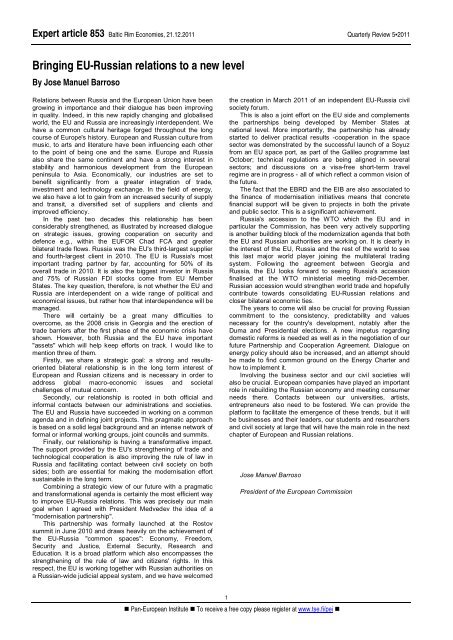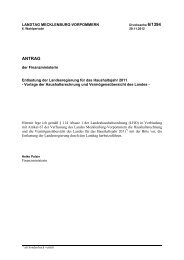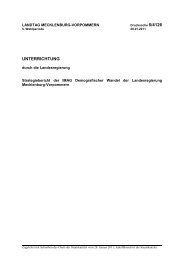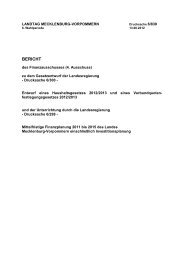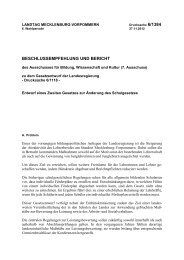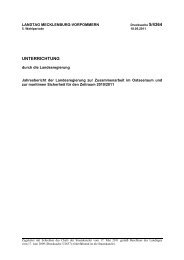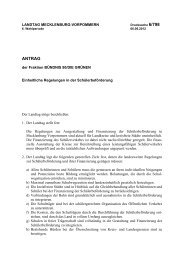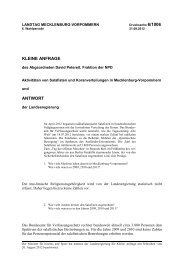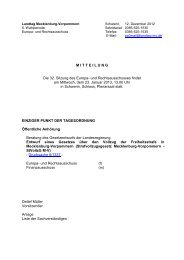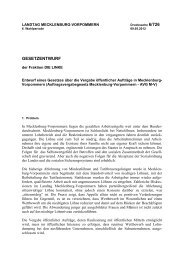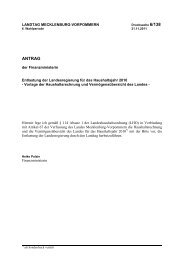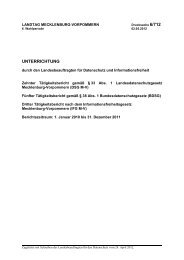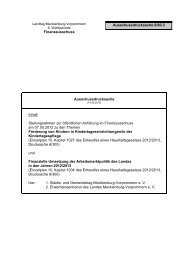Baltic Rim Economies - Baltic Port List
Baltic Rim Economies - Baltic Port List
Baltic Rim Economies - Baltic Port List
You also want an ePaper? Increase the reach of your titles
YUMPU automatically turns print PDFs into web optimized ePapers that Google loves.
Expert article 853 <strong>Baltic</strong> <strong>Rim</strong> <strong>Economies</strong>, 21.12.2011 Quarterly Review 5�2011<br />
Bringing EU-Russian relations to a new level<br />
By Jose Manuel Barroso<br />
Relations between Russia and the European Union have been<br />
growing in importance and their dialogue has been improving<br />
in quality. Indeed, in this new rapidly changing and globalised<br />
world, the EU and Russia are increasingly interdependent. We<br />
have a common cultural heritage forged throughout the long<br />
course of Europe's history. European and Russian culture from<br />
music, to arts and literature have been influencing each other<br />
to the point of being one and the same. Europe and Russia<br />
also share the same continent and have a strong interest in<br />
stability and harmonious development from the European<br />
peninsula to Asia. Economically, our industries are set to<br />
benefit significantly from a greater integration of trade,<br />
investment and technology exchange. In the field of energy,<br />
we also have a lot to gain from an increased security of supply<br />
and transit, a diversified set of suppliers and clients and<br />
improved efficiency.<br />
In the past two decades this relationship has been<br />
considerably strengthened, as illustrated by increased dialogue<br />
on strategic issues, growing cooperation on security and<br />
defence e.g., within the EUFOR Chad FCA and greater<br />
bilateral trade flows. Russia was the EU's third-largest supplier<br />
and fourth-largest client in 2010. The EU is Russia's most<br />
important trading partner by far, accounting for 50% of its<br />
overall trade in 2010. It is also the biggest investor in Russia<br />
and 75% of Russian FDI stocks come from EU Member<br />
States. The key question, therefore, is not whether the EU and<br />
Russia are interdependent on a wide range of political and<br />
economical issues, but rather how that interdependence will be<br />
managed.<br />
There will certainly be a great many difficulties to<br />
overcome, as the 2008 crisis in Georgia and the erection of<br />
trade barriers after the first phase of the economic crisis have<br />
shown. However, both Russia and the EU have important<br />
"assets" which will help keep efforts on track. I would like to<br />
mention three of them.<br />
Firstly, we share a strategic goal: a strong and resultsoriented<br />
bilateral relationship is in the long term interest of<br />
European and Russian citizens and is necessary in order to<br />
address global macro-economic issues and societal<br />
challenges of mutual concern.<br />
Secondly, our relationship is rooted in both official and<br />
informal contacts between our administrations and societies.<br />
The EU and Russia have succeeded in working on a common<br />
agenda and in defining joint projects. This pragmatic approach<br />
is based on a solid legal background and an intense network of<br />
formal or informal working groups, joint councils and summits.<br />
Finally, our relationship is having a transformative impact.<br />
The support provided by the EU's strengthening of trade and<br />
technological cooperation is also improving the rule of law in<br />
Russia and facilitating contact between civil society on both<br />
sides; both are essential for making the modernisation effort<br />
sustainable in the long term.<br />
Combining a strategic view of our future with a pragmatic<br />
and transformational agenda is certainly the most efficient way<br />
to improve EU-Russia relations. This was precisely our main<br />
goal when I agreed with President Medvedev the idea of a<br />
"modernisation partnership".<br />
This partnership was formally launched at the Rostov<br />
summit in June 2010 and draws heavily on the achievement of<br />
the EU-Russia "common spaces": Economy, Freedom,<br />
Security and Justice, External Security, Research and<br />
Education. It is a broad platform which also encompasses the<br />
strengthening of the rule of law and citizens' rights. In this<br />
respect, the EU is working together with Russian authorities on<br />
a Russian-wide judicial appeal system, and we have welcomed<br />
1<br />
the creation in March 2011 of an independent EU-Russia civil<br />
society forum.<br />
This is also a joint effort on the EU side and complements<br />
the partnerships being developed by Member States at<br />
national level. More importantly, the partnership has already<br />
started to deliver practical results -cooperation in the space<br />
sector was demonstrated by the successful launch of a Soyuz<br />
from an EU space port, as part of the Galileo programme last<br />
October; technical regulations are being aligned in several<br />
sectors; and discussions on a visa-free short-term travel<br />
regime are in progress - all of which reflect a common vision of<br />
the future.<br />
The fact that the EBRD and the EIB are also associated to<br />
the finance of modernisation initiatives means that concrete<br />
financial support will be given to projects in both the private<br />
and public sector. This is a significant achievement.<br />
Russia's accession to the WTO which the EU and in<br />
particular the Commission, has been very actively supporting<br />
is another building block of the modernization agenda that both<br />
the EU and Russian authorities are working on. It is clearly in<br />
the interest of the EU, Russia and the rest of the world to see<br />
this last major world player joining the multilateral trading<br />
system. Following the agreement between Georgia and<br />
Russia, the EU looks forward to seeing Russia's accession<br />
finalised at the WTO ministerial meeting mid-December.<br />
Russian accession would strengthen world trade and hopefully<br />
contribute towards consolidating EU-Russian relations and<br />
closer bilateral economic ties.<br />
The years to come will also be crucial for proving Russian<br />
commitment to the consistency, predictability and values<br />
necessary for the country's development, notably after the<br />
Duma and Presidential elections. A new impetus regarding<br />
domestic reforms is needed as well as in the negotiation of our<br />
future Partnership and Cooperation Agreement. Dialogue on<br />
energy policy should also be increased, and an attempt should<br />
be made to find common ground on the Energy Charter and<br />
how to implement it.<br />
Involving the business sector and our civil societies will<br />
also be crucial. European companies have played an important<br />
role in rebuilding the Russian economy and meeting consumer<br />
needs there. Contacts between our universities, artists,<br />
entrepreneurs also need to be fostered. We can provide the<br />
platform to facilitate the emergence of these trends, but it will<br />
be businesses and their leaders, our students and researchers<br />
and civil society at large that will have the main role in the next<br />
chapter of European and Russian relations.<br />
Jose Manuel Barroso<br />
President of the European Commission<br />
� Pan-European Institute � To receive a free copy please register at www.tse.fi/pei �


